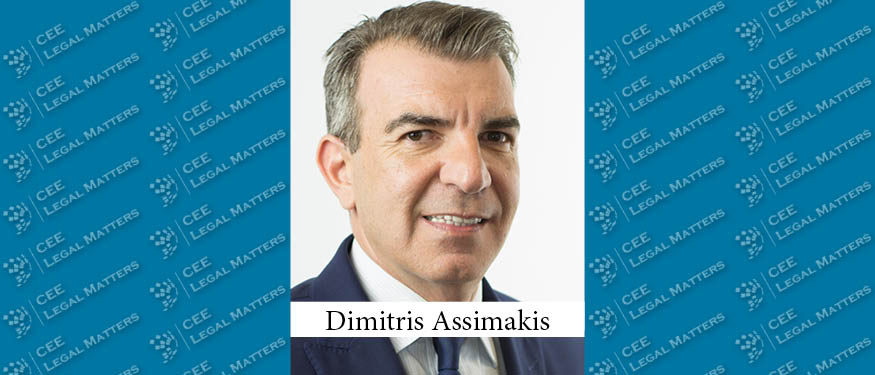Renewable energy is slowly becoming an evergreen industry in Greece, with strong investor interest in wind and solar power projects that stand to hasten the recovery of the country, according to Reed Smith Partner Dimitris Assimakis.
“Looking at the past few years, there has been a significant influx of new investments in the Greek renewable energy sector,” Assimakis begins. “The Greek government has extended efforts to attract investors in this field and is still doing so, which means that we expect even stronger interest moving forward. Legislative and policy support, with aggressive targets for this decade and beyond, are influencing the energy sector, primarily power generation,” he explains.
Greece is rich in sunshine and wind, which directly correlates to the types of projects being pursued. “New capacities, of approximately one gigawatt or even more, are coming online almost year on year,” Assimakis continues. “Also, there is an ambitious plan of making a push for the sea, to prop up offshore wind power projects.” Still, the full framework to accommodate the strong interest in such projects, given the country’s high offshore wind potential, is not yet in place. “There are still quite a few legislative acts to be adopted, making the achievement of the set target – the addition of 2 gigawatts in offshore wind capacity by 2030 – a challenging deed,” Assimakis says, “but given that there is so much investment interest in play, it stands to reason that there will be more pushes. Moreover, the government is focusing its efforts on the development of new types of projects – like energy storage – and incentivizing the development of scalable renewable energy projects and innovative green energy projects with added value to the national economy.”
Assimakis explains that, in addition to the solar PV projects being developed, much is being done on the transmission side of things. “Grid operators are strengthening and developing the electricity grids all over the country. Many grid expansion projects have been performed, for example, in linking the Aegean sea islands with the mainland – which is a very important technical requirement for the further development of the sector,” he explains, citing the examples of Crete and the Cycladic islands. In addition, “a second interconnector is under construction with Bulgaria, while a second interconnector is planned with Italy, and there are plans for the development of new linkages with Egypt and Cyprus,” Assimakis says. “Greece has plans to become a green power exporter sometime in the future, and all of the efforts behind that are generating swaths of legal work for the market.”
Overall, Greece is back on a healthy economic track, following several years of macroeconomic global turmoil, Assimakis says. “The country is coping well and 2023 projections are following along the lines of the near-7% growth of 2022.” On these grounds, he reports new investors coming in, with “varied profiles – not just utilities and traditional power developers, but also private equity, investment funds, and alternative investors.” While these investors still primarily come from abroad, Assimakis highlights a “significant push from Greek renewables developers, especially when it comes to wind and solar power. Many private equity and investment funds are looking at Greece, which was reflected on the market in 2022 – big deals took place and more are sure to come.”






















